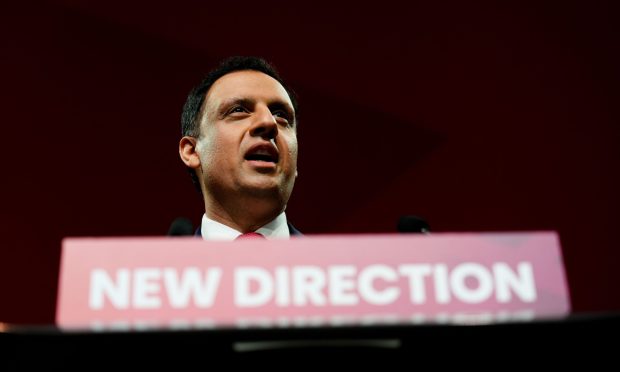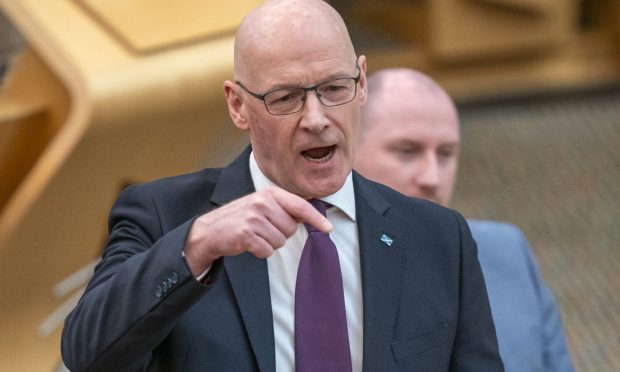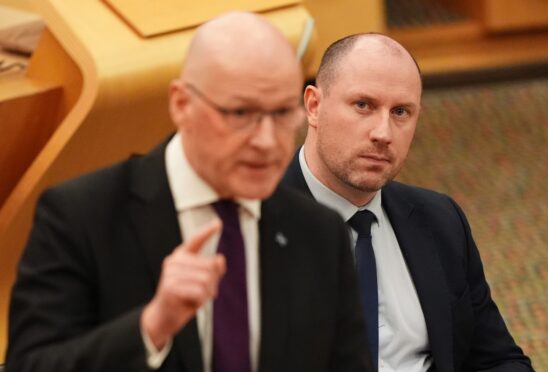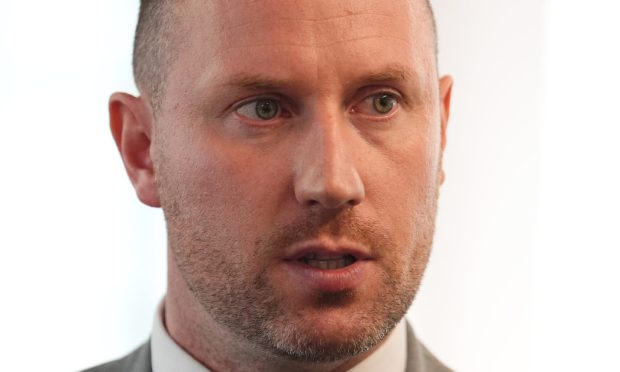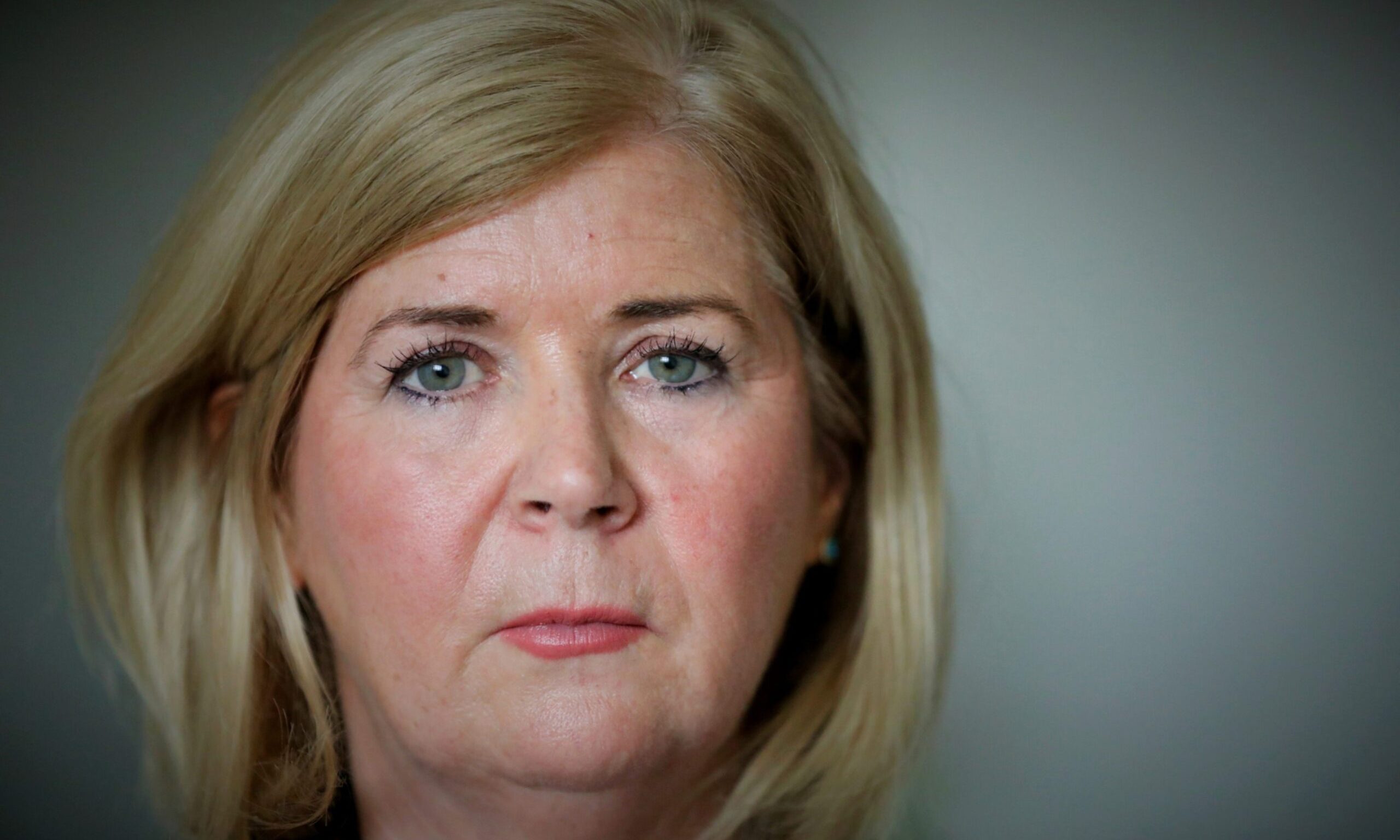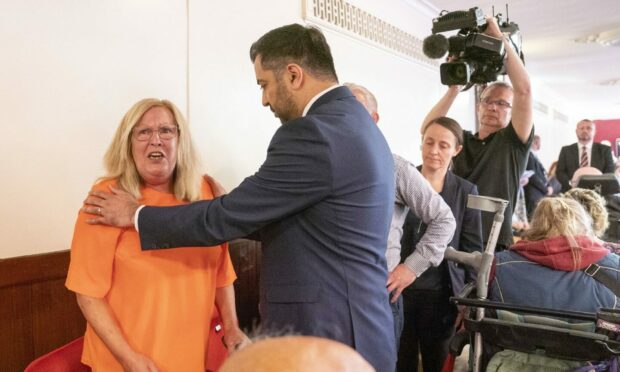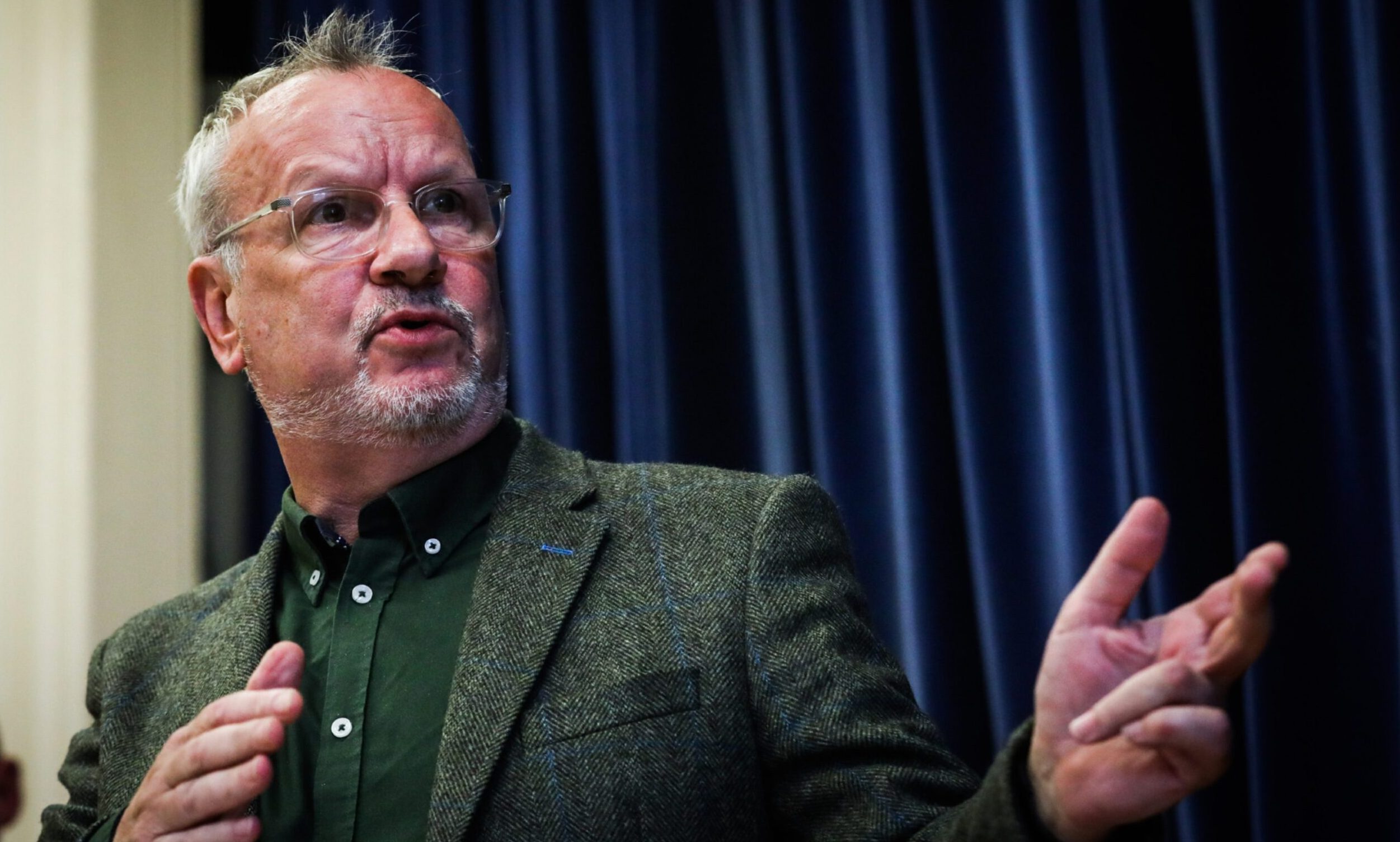Nicola Sturgeon has warned the number of coronavirus patients in intensive care will continue to rise “for a further two or three weeks at least” after cases in Scotland surged by more than 300 overnight.
The first minister confirmed a further 16 people have now died from the illness, taking the total number of confirmed cases to 2,310 – an increase of 317 from Tuesday.
According to latest Scottish Government data, the number of confirmed Covid-19 cases in Tayside is 254, while Fife has recorded a further 96. Ms Sturgeon stressed the figures are an underestimate and the real numbers are likely to be significantly higher.
Some 147 people are now being treated in intensive care for the virus, taking the total number of patients in Scottish hospitals to 1,153.
Ms Sturgeon said an initial target to double the number of intensive care beds to 360 had been reached, with 250 of these for use exclusively by Covid-19 patients. It is expected this number will be expanded to more than 700.
Addressing MSPs at Holyrood, Ms Sturgeon said the number of cases is rising rapidly and that means the numbers becoming seriously unwell and dying are also rising.
“Of course, we hope that the lockdown measures we are asking people to comply with will have a marked effect on the spread of the virus and that we will see a slowdown in the next few weeks,” she said.
“However, given that these measures take some time to have an impact, it is too early to draw any firm conclusions yet.”
The Scottish Government is “working at pace” to boost its ability to test suspected cases, Ms Sturgeon said, with the number of tests being done each day currently sitting at 1,900 – a rise from 750 a few weeks ago.
It is hoped testing can increase further to 3,500 per day by the end of April, and priority will be given to key workers and those with serious illnesses.
The increase in testing was welcomed by opposition members but both Scottish Labour leader Richard Leonard and Scottish Conservative leader Jackson Carlaw said more needed to be done to protect frontline workers.
Mr Leonard said he had been contacted by staff with “real anxieties” about the lack of testing so far and asked for specific numbers on how many health workers have been checked for the virus.
Mr Carlaw said some doctors and nurses are staying home with symptoms but do not know for sure whether they have Covid-19.
He asked for confirmation of whether tests will be made available to all health workers, including dentists.
“We want to accelerate testing so more key workers can be tested, but it’s not a complete panacea for everything,” Ms Sturgeon said.
“If a healthcare worker is isolating because someone in the family has symptoms, then testing them would not be appropriate.
“I understand the frustrations and the desire to see us increase testing, but in terms of having the equipment and staff trained to do it, it’s not something we can do overnight, but we’ve gone from a position of around 750 a day to where we are now of 1,900.
“So we are increasing capacity and will continue to do so.”
The first minister said 34 million items of personal protective equipment have been delivered to hospitals over the past six weeks and almost eight million items are being been issued across primary care and social care – around eight weeks supply.
She also confirmed £950 million of funding will be given to local authorities so payments can be made from Monday to help prop up struggling businesses.
Around 30,000 applications have already been made from firms in need of help from the Business Support Fund.
Meanwhile, health secretary Jeane Freeman has confirmed sealed isolation pods will be used by the ambulance service to safely airlift Covid-19 patients.
The new adult-sized incubators, known as EpiShuttles, are currently being tested and are expected to come into use within days.
Ms Freeman said the ambulance service will kit out two Loganair twin otter planes with the new shuttles, one by Friday and the other within two weeks.
She added: “We’ve been working closely with the Scottish Ambulance Service to significantly increase capacity for airlifting patients off the islands and to ensure that any patients from our island communities with Covid-19 can be transported to receive the appropriate healthcare when they need it.
“The first batch of EpiShuttles will be available from this Friday, with plans well under way to increase the number of these single patient isolation pods in the coming weeks.”
So far eight shuttles have been bought for the ambulance service, two of which have been received and are currently being tested.
A further two are expected to arrive on April 17 and four more by mid-May, costing more than £500,000 in total.


